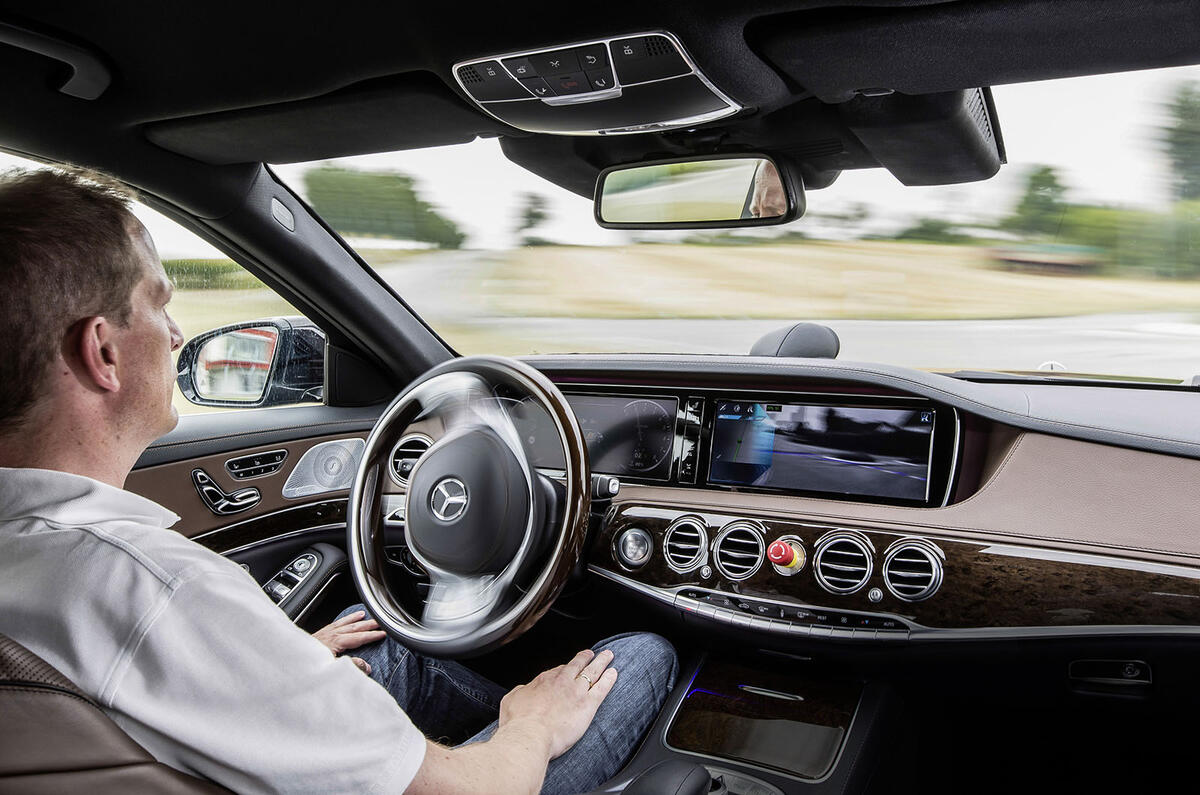Despite hours and hours of training to qualify as a private pilot, you cannot pass your test in a four-seat Cessna 172, then grab the keys to an Airbus A330 that afternoon and jet off somewhere. It would be ridiculous.
You may have mastered the requisite skills to get an aeroplane off the ground, but you wouldn’t be familiar with all the advanced flight and navigation controls and protocols needed to fly an airliner safely. As a result, pilots need to get the correct certification in order to move between different aircraft.
It’s a perfectly sensible system, and it could prove to be a good way forward with modern cars.
Oddly, despite the relative lack of training required to get a UK driving licence, there are few limitations placed on new drivers. Pass your test in a Ford Fiesta and you could legitimately jump into a supercar that afternoon and head for the back roads.
That has always seemed a strange anomaly, but the increasing complication and automation of road cars suggests it might be time to review that. The rapid deployment of driver assistance systems into cars means that, more than ever, a degree of vehicle-specific driver training is becoming a genuine need.
It might sound a bit ridiculous, but examples of driver confusion are everywhere. When a previously unseen car arrives in the Autocar car park, even seasoned testers can end up spending a minute or two patting down the dash looking for a start button, searching for a place to put the digital key fob or just hunting for some clue about how to bring the vehicle to life.
Ultimately, that situation is annoying rather than dangerous, but when it comes to systems which wrest control of the car from the driver, the outcome could be less predictable.
Driver aids such as stability control, ABS brakes and the like only come into operation when your inputs can be bettered by the car's systems.
The difference with modern autonomous emergency braking systems and adaptive cruise control systems, however, is that they are predictive, and can activate when you aren’t expecting them to. AEB systems will often flash warnings and apply the brakes sharply when you are happily driving along, because the car thinks it knows better than the driver. It can startle the driver and cause them to counter what the car is doing.






Join the debate
Add your comment
too clever for its own good
Who needs them?
okay
Now, introducing layers of "lets do it difficult, when we can keep it simple", not so.
-> We all should be sitting a few hours (way far from the Pub) reading and even memorising what is written inside the vehicle owners book, before we get into it (and we should not try to run faster than what we can keep up to).
Who does this, in terms of motoring vehicles? Nearly no one.
So, do any of us agree this to be a good practice, start using a tool (like a motor car) without knowing their characteristics & operation modes? What would happen if a small child would grab a knife to eat a yogurt, mistaking it for a spoon?